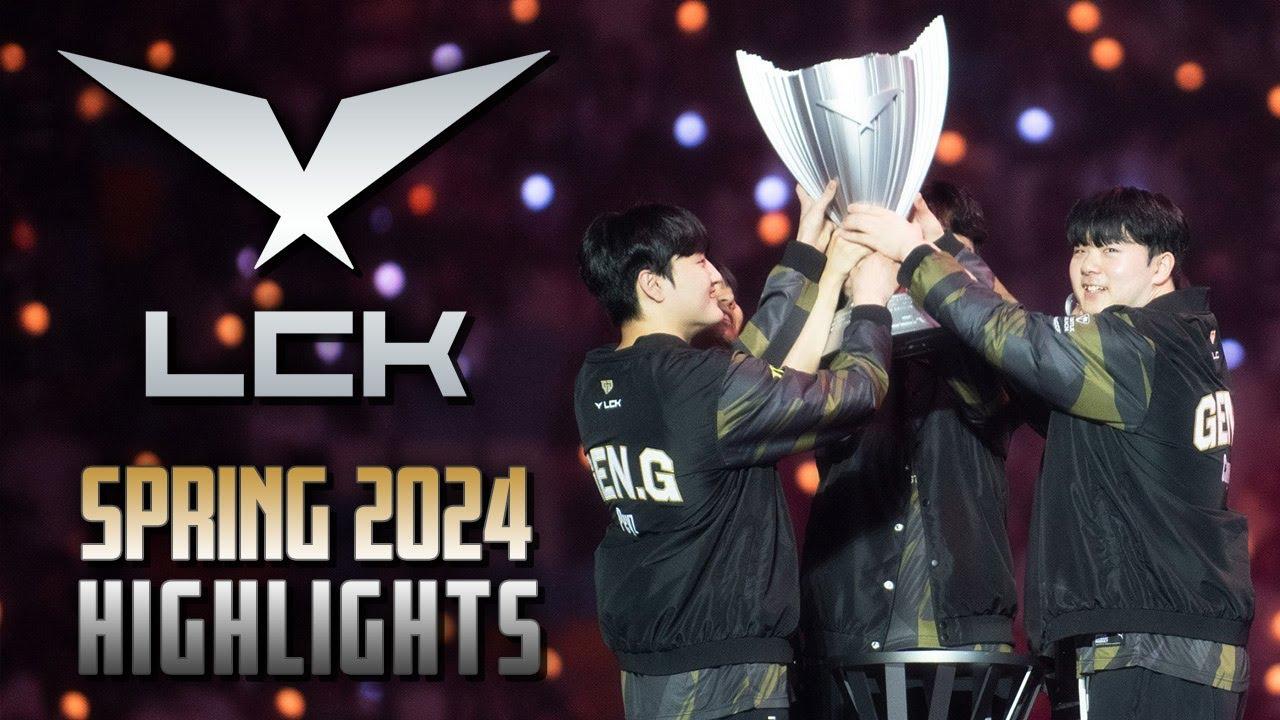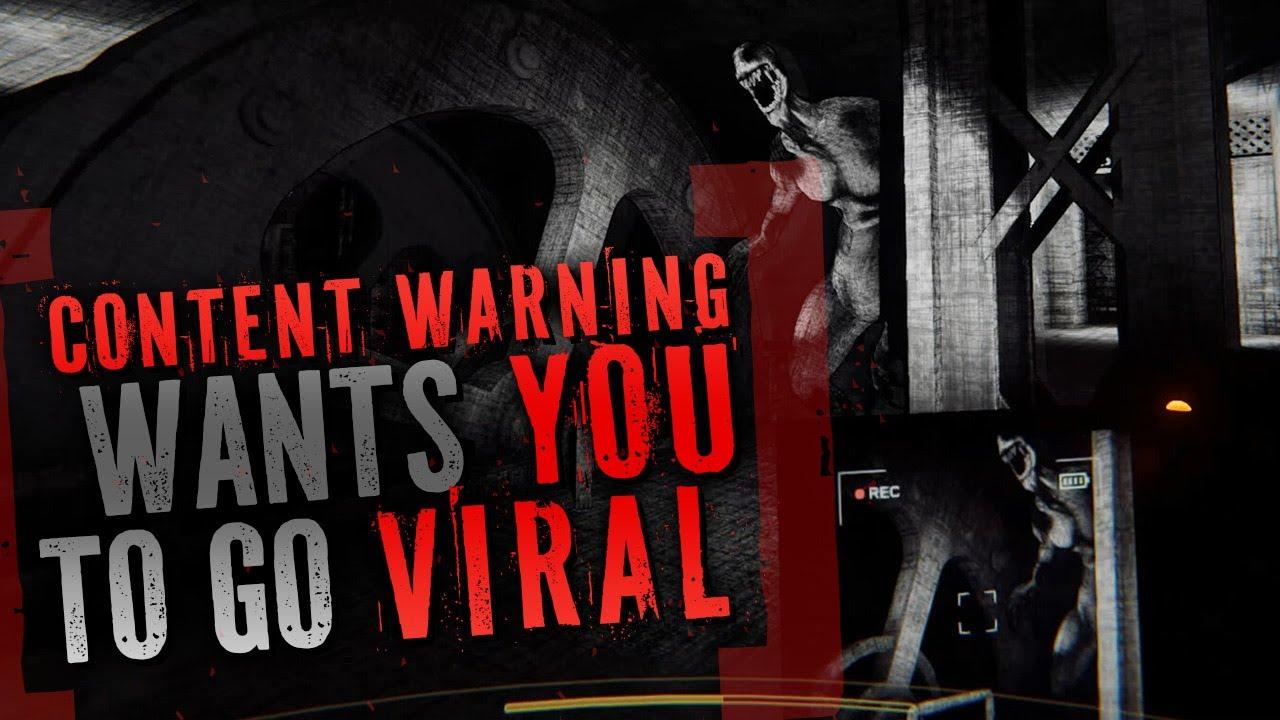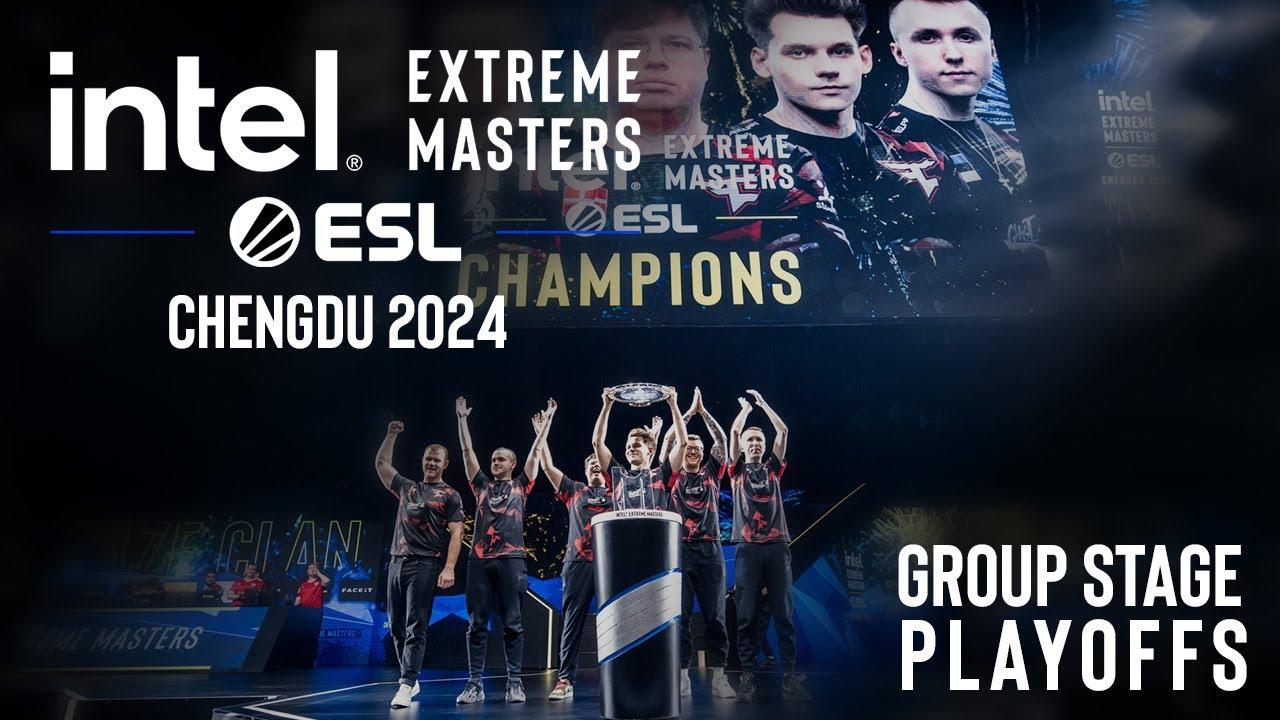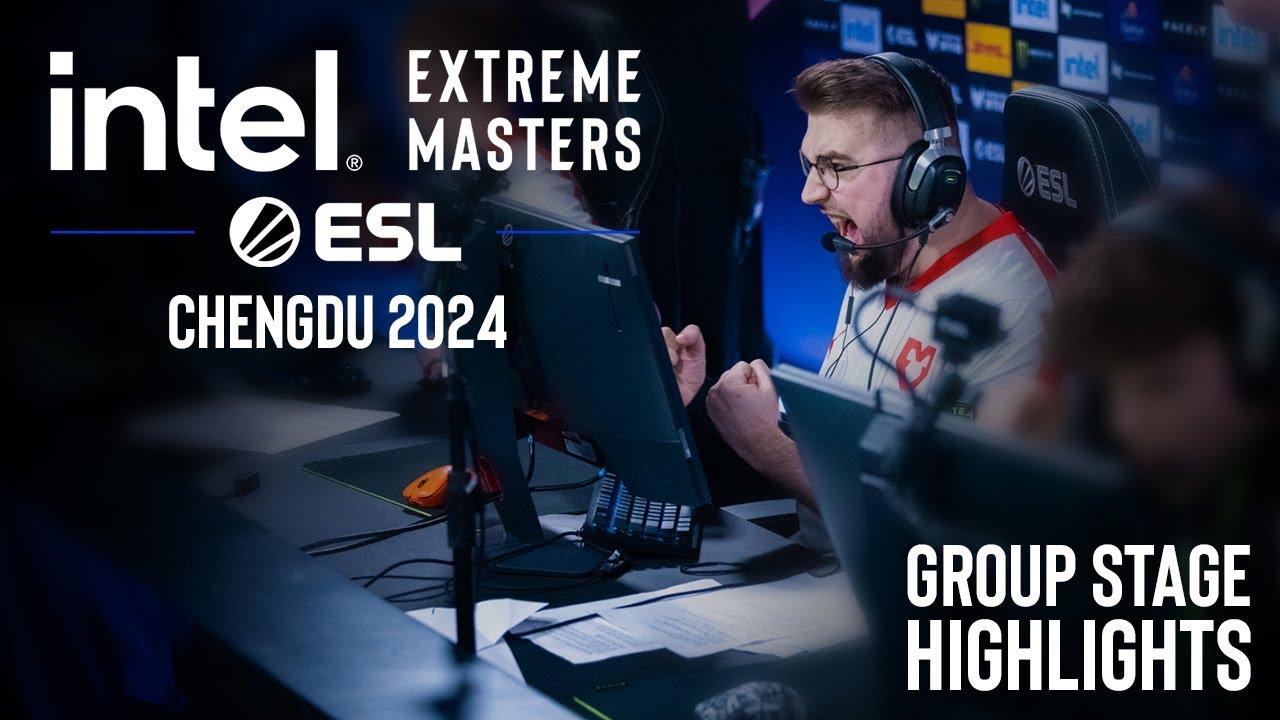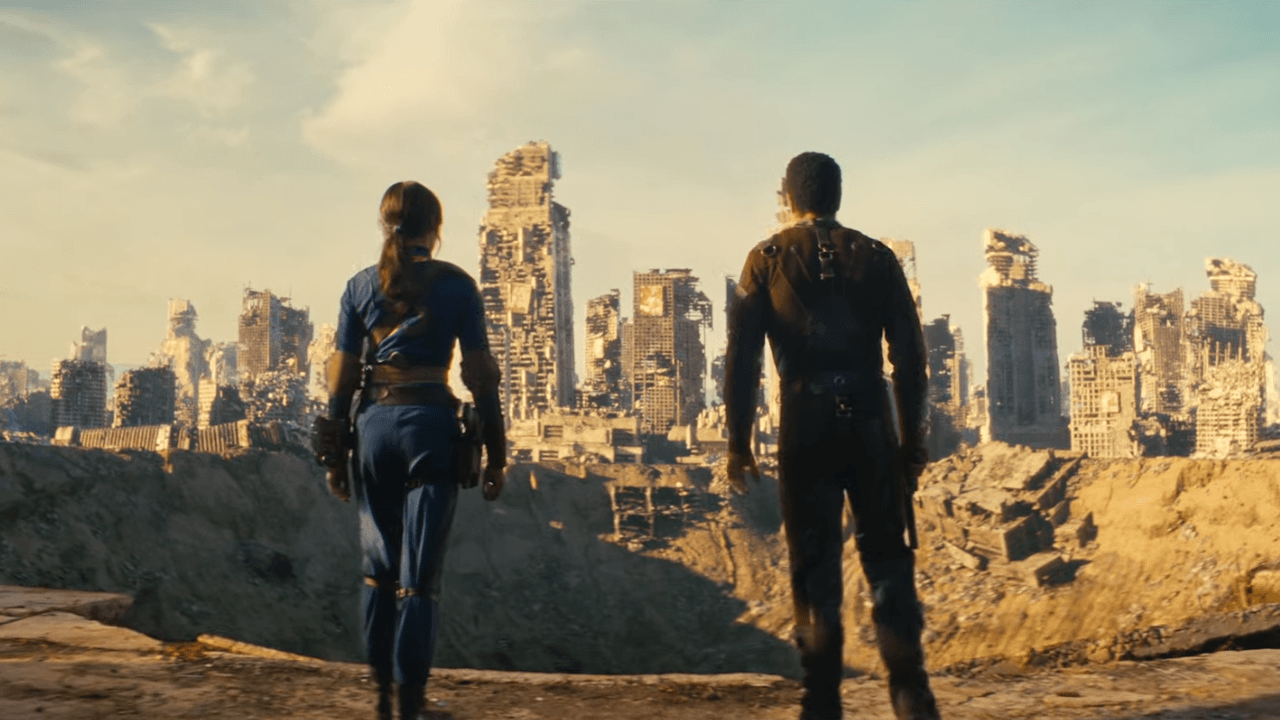
Epic Games facing Fortnite addiction lawsuit from parents
While Epic Games has certainly benefited from Fortnite’s continuing popularity, the game’s wide reach has also created no shortage of controversy.
Fortnite’s most recent drama comes from a class-action lawsuit claiming that Epic didn’t properly warn users about the possibility of addiction. According to CBC, the lawsuit comes from a Montreal legal firm on behalf of the parents of two minors, aged 10 and 15. The report claims that addiction to Fortnite is similar to cocaine, since it releases dopamine to the brain of “vulnerable young people” who will become dependent on playing the battle royale.
“We dug into it and we realized there was a strong case for it,” Alessandra Esposito Chartrand, an attorney with Calex Légal, said.
According to Chartrand, Epic Games had hired psychologists to find out the most effective ways to make Fortnite as addictive as possible. Then, she said, the developers put it on the market and geared it towards younger gamers.
“In our case, the two parents that came forward and told, ‘If we knew it was so addictive it would ruin our child’s life, we would never have let them start playing Fortnite or we would have monitored it a lot more closely,'” Chartrand said.
The lawsuit is based on a 2015 Quebec Superior Court ruling where tobacco companies were found guilty of failing to warn their customers about smoking’s harmful side effects.
Is Fortnite really addictive?
While calling Fortnite a similar addiction to cocaine may sound extreme, gaming addiction was recently declared a medical disorder by the World Health Organization. This came after experts around the world provided evidence and examples, including a 15-year old boy who was hospitalized for eight weeks for playing video games excessively and refusing to go outside.
Chartrand told CBC that there are treatment centers around the world, including Quebec, that help players quit Fortnite.
Epic Games currently has a terms of service agreement that includes a class-action waiver provision. Anyone who plays the game must agree to give up the right to go to court and must instead resolve disputes in individual arbitration. Chartrand noted that this doesn’t apply to court in Quebec, thanks to the province’s Consumer Protection Act. This requires companies to disclose their product’s risks.
The game developer did not speak on the lawsuits as of publication.
Earlier this year, lawyers at One LLP filed a new lawsuit in the US District Court for the Northern District of California, claiming Epic didn’t include built-in parental controls in Fortnite. As a result, children were able to make in-app purchases without a guardian’s consent.
According to the lawsuit, Epic violates California’s consumer protection statutes since parents can’t “disaffirm” purchases made by minors.
“That Epic collects millions of dollars from plaintiff and the class, by luring their children to download bait apps and then spend vast sums on game currency without parental knowledge or permission, is the quintessence of bad faith and unfair dealing with plaintiff and the class,” One LLP lawyers wrote for their anonymous clients, a mother and son.
Recommended
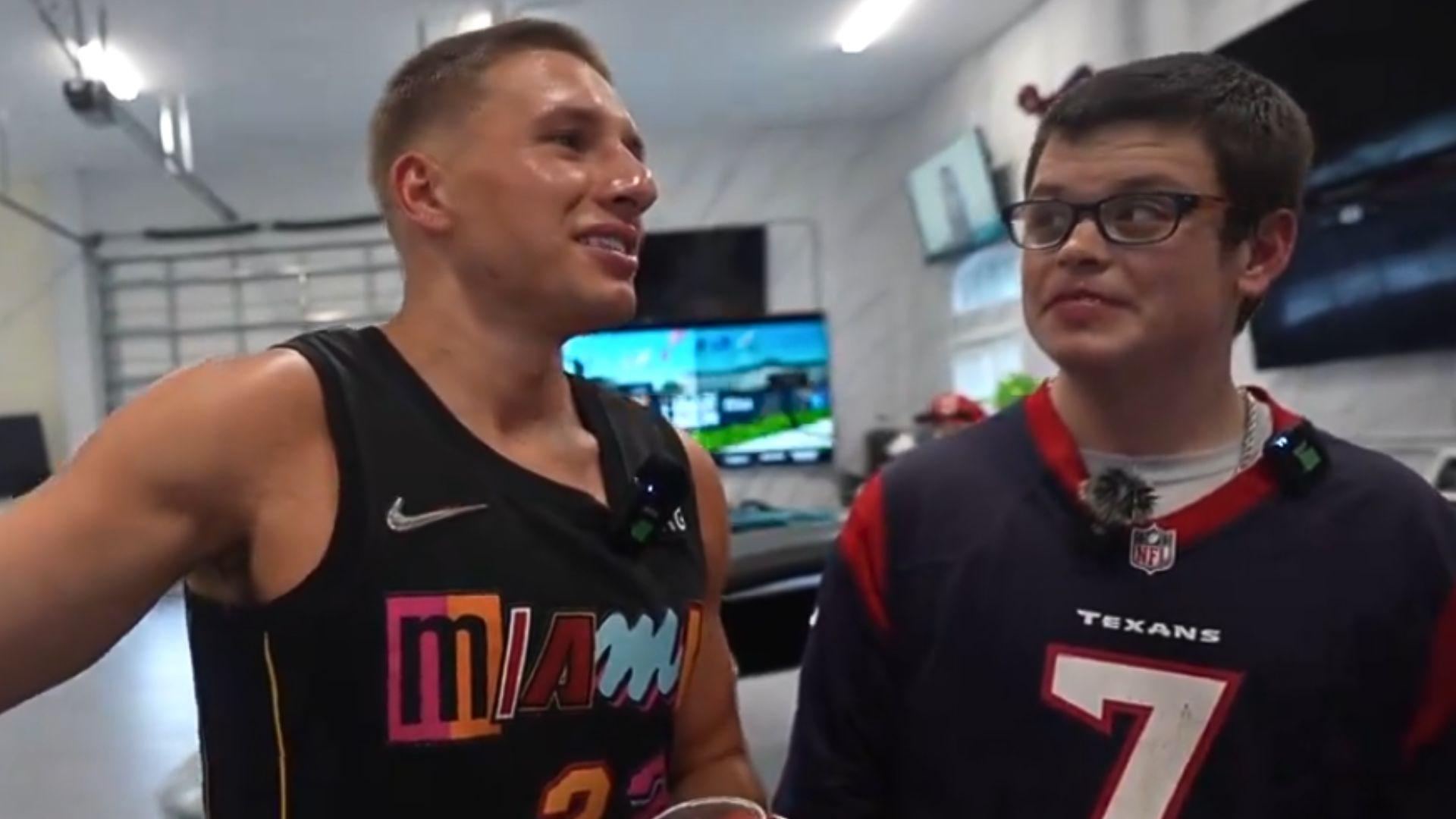
Stevewilldoit surprises Sketch with a Lamborghini
All because Diego Lopes won.

Here’s every Vandal skin in Valorant with price (2024)
From cheapest to Ultra!

